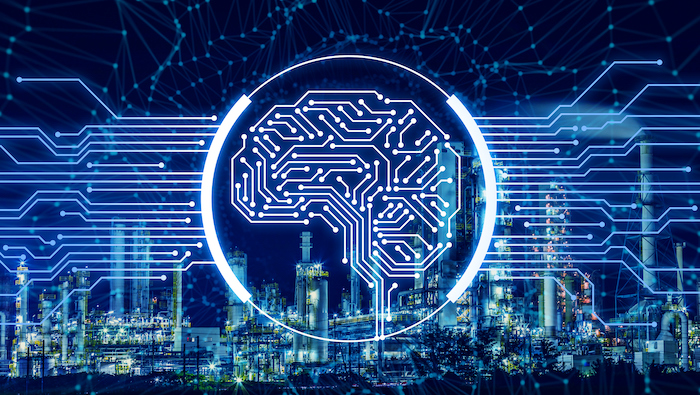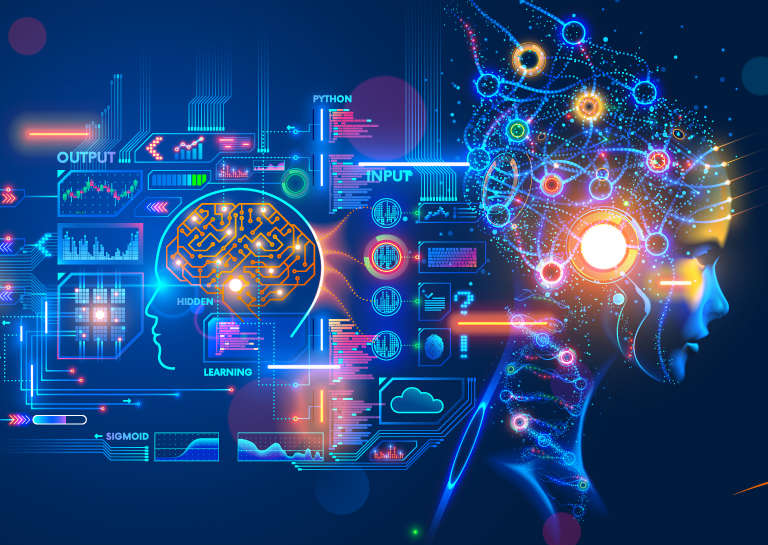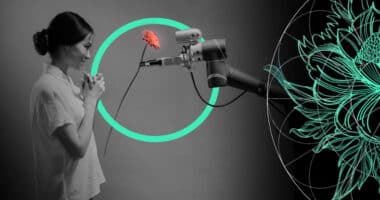Artificial Intelligence and machine learning are changing how we live, work and play – for good. Across this wide spectrum of AI, there is a vast and real potential for people and businesses of all kinds to deliver services in smarter, more efficient ways using AI. It can help organizations to save time, money, and resources on critical tasks, empowering productivity, improving services and reducing waste (see How Artificial Intelligence Can Help Insurers Reduce the Inflation Impact?). Advances in computer vision are creating new possibilities in how our cities and society function.
According to a research by scientists at the University of Oxford, Artificial Intelligence will be better than humans at translating languages by 2024, writing school essays by 2026, selling goods by 2031, write a bestselling book by 2049, and conducting surgeries by 2053.
AI offers a potential solution. Tractable outline how AI can help senior leaders foster resilience and balance their growth with the environment. Read on to discover how applied AI can help you realize new efficiencies and adopt a greener business model.
Key Benefits of Innovation & AI

Organizations can free up resources by leveraging AI on tasks like document management, creating exciting implications for business strategy.
Consumers increasingly demand that companies contribute to society through corporate social responsibility and environmental sustainability.
Therefore, businesses must find new ways to operate efficiently and meet modern consumer expectations (see about Artificial Intelligence in Insurance).
Yet, as researchers debate whether machines can ever truly ‘think’, and if AI models should be exactly like humans or just human-esque, the sense of progress in practical AI solutions can seem slow. Debates over the definition of ‘intelligence’ within AI research can make the subject feel academic, limiting its appeal and practicality for business users.
Realize new efficiencies
By digitizing processes and integrating data sources, AI streamlines business operations to save you time.
Recently PwC found that even rudimentary AI solutions can reduce the number of hours spent on routine business processes by up to 40%. Although dependent on the use case, your company could save up to 2,000 hours for every 100,000 pages of paperwork processed.
Increase profits
AI can bolster profit margins as well as save organizations’ time. IBM data shows that customer service AI solutions save up to $5.50 per customer conversation while increasing customer engagement at the same time.
The survey also reported a 6.3% in average revenue growth, meaning applied AI could grow your profits by driving turnover in addition to lowering operational costs. Aggregated savings and earnings means businesses have more available capital to play with.
Improve working conditions
The push towards digital transformation and automation has benefits for your employees’ working conditions.
With software that’s able to take over time-consuming and error-prone tasks, workers can transition to other areas that add more value to your business with their newfound time.
Your company could also attract more talent by offering flexible working patterns or four-day working weeks, safe in the knowledge that core functions are largely automated.
Attract more investment
Green investment is increasingly popular with shareholders. Nearly 80% of respondents in a PwC survey said sustainability was an important factor in their investment decision-making process.
Therefore, you could reduce or eliminate wastage in your organization by using AI and win over eco-minded funders, or offer higher returns from the revenue gains.

What are the benefits of applied AI?
Applied AI enhances software applications and puts advanced machine learning to use, providing high levels of accuracy and adaptation over time. Applied AI is contextualizing business models and industry processes, as well as improving the way we interact with everything around us.
What is applied AI?
Applied AI is a branch of computer science that takes AI software out of the lab and applies it within business environments to perform real-world tasks.
Applied AI uses many of the same machine learning methods as traditional AI research.
The key difference with applied AI is an emphasis on output and solutions, rather than its internal processes or how closely it mirrors human capabilities.
The success of applied AI is defined by its ability to achieve positive and immediate human impact in the world at scale, and for it to be trusted and commercially viable. In fact, the commercial focus of applied AI has created the largest share of advancements within all AI research.

What is the importance of AI innovation?
AI and Machine Learning technology can be used to analyze data much more efficiently. It can help to create predictive models and algorithms to process data and understand the potential outcomes of different trends and scenarios (see 9 New Technology Trends by Insurance Sector).
What is the impact of AI on innovation?
Artificial intelligence may greatly increase the efficiency of the existing economy. But it may have an even larger impact by serving as a new general-purpose “method of invention” that can reshape the nature of the innovation process and the organization of R&D.
What are the innovations in AI?
Innovations here include AI engineering, decision intelligence, operational AI systems, ModelOps, AI cloud services, smart robots, natural language processing (NLP), autonomous vehicles, intelligent applications and computer vision.
How does AI impact business innovation?
By introducing AI and it’s quick learning capabilities, businesses can create super-powered data processing machines that can generate information, extrapolate large amounts of data and even take care of tasks that free up time and budget for organizations to focus on more face-to-face tasks.
How AI can enable a sustainable future?

AI offers businesses more than just ways to enhance their profit & loss statements. Today’s automated software can enable a sustainable future by decreasing your environmental impact.
By utilizing performance data, you can understand where your business creates waste or uses more resources than it needs to. As a result, you can identify efficiencies and lower your consumption of natural resources or energy and save money at the same time.
For example, Google has used AI software to identify trends in its energy usage in data centers and decreased electricity demand by 40%. Similarly, logistics firms like Uber Freight are leveraging AI to lower the number of miles trucks drive without a load. As routes become more efficient, fuel wastage will decrease, benefiting both businesses and the environment.
Incorporating environmental concerns into your operations is good for business. Over 50% of consumers are willing to pay more for a product or service if the business prioritizes sustainability, and AI can help you meet these modern consumer demands.
The same is true for social issues, as research shows that companies with effective corporate social responsibility (“CSR”) programs are more profitable than those that aren’t. However, companies will struggle to make improvements and stand true to their commitments without the necessary background data to remain accountable.
Why applied AI is different?
Each of the above types of AI solution falls short in one or more of five key success factors of applied AI:
- It is immediate.
- It creates a positive human impact.
- It is ready to scale.
- It is a trusted solution.
- It has commercial applications.
We call this disparity between AI and applied AI the ‘application gap’ — the shortcoming of AI solutions to quickly, effectively, and ethically deliver a solution that’s commercially viable and beneficial to its greater communities.
For this reason, our definition of applied AI is that it:
- is available today;
- has an obvious positive impact on people’s lives;
- is accurate and trusted; and
- solves systemic, real-world problems affecting millions of people.
Applied AI offers businesses an opportunity to transform their processes and reimagine customer journeys and outcomes for the better.
Edited by 








